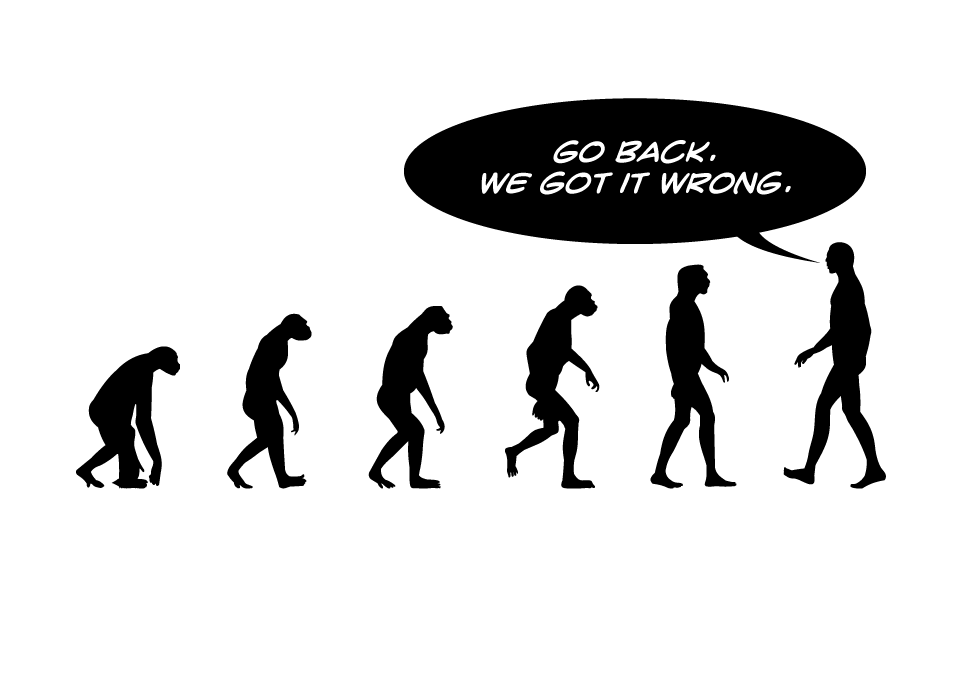Some people go to great lengths to make sure they’re not taken seriously. That’s sad because it’s really quite simple. If you want to ensure whatever you have to say is dismissed immediately and out of hand, all you have to say this: “We [select your favorite verb construction here: employ, offer, built our practice on, developed our software using, have exhaustively studied, are slavishly enamored of talking about] industry best practices.” Here’s why it works so well:
As a term of any meaning, credibility, or effectiveness, best practice died in 2012. (Actually, like Keith Richards, it was dead long ago. And, like Keith Richards, it just hadn’t fallen down yet.) So, use of the phrase now signals an absence of critical, substantive thinking. If you’re a company that provides any kind of service, it also may indicate the distinct probability that you’ve stopped paying attention to your prospects, if not your customers. The longer you haven’t been paying attention, the more out of date your practices may be with the ways in which your prospects do business:
Sales Person: We use best practices to provide state-of-the-art, interactive communications media.
Prospect: Yeah. I can see that. But weren’t smoke signals banned when the EPA was created in 1970?
I’m not suggesting there are no policies, procedures, or processes that might be generally applicable within given industries — or even across industries. We’re human beings. Consequently, we’re creatures of habit. We like to indulge ourselves in a little predictability, thank you very much.
What I am suggesting is that we’re also creatures of creativity. We think. We adapt. We evolve. We grow and change. We develop better ways of doings. We chafe at restraint and aspire to ideals. So, best practices become yesterday’s news; and our quest for improvement never ends. It’s the way of the world and exactly as it should be.
The next time you pull out your PDA, your smart phone, or your tablet, think about this: If we’d adhered to best practices, we’d still be contentedly sending smoke signals.

